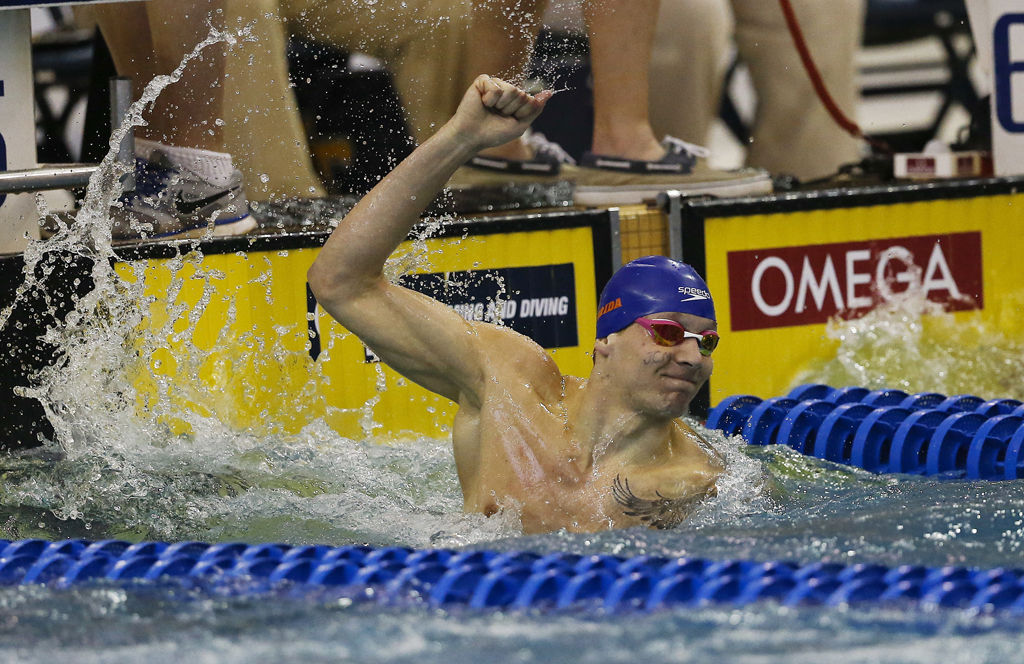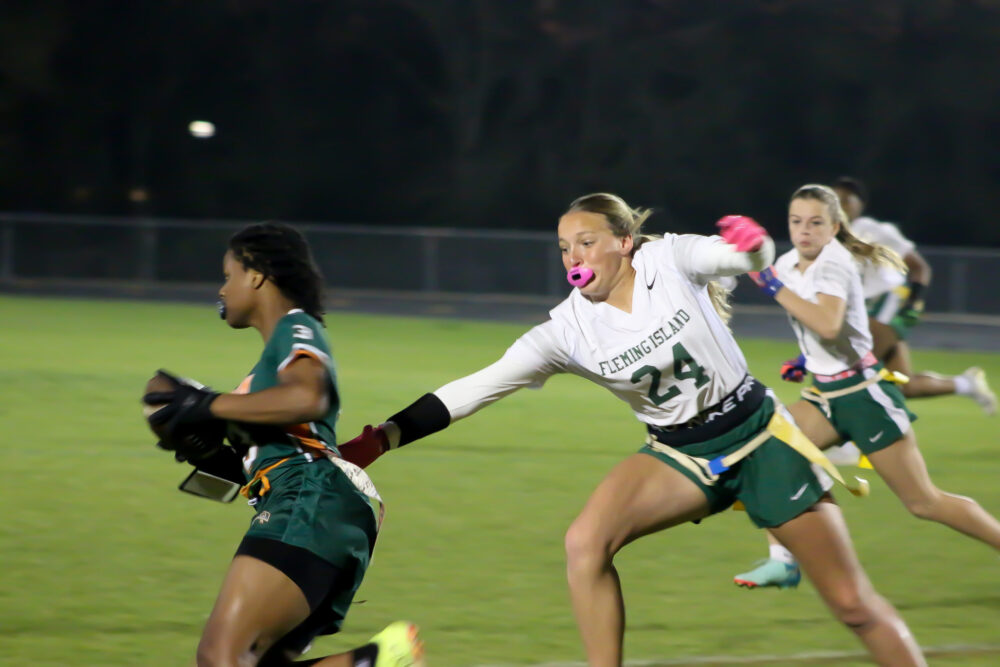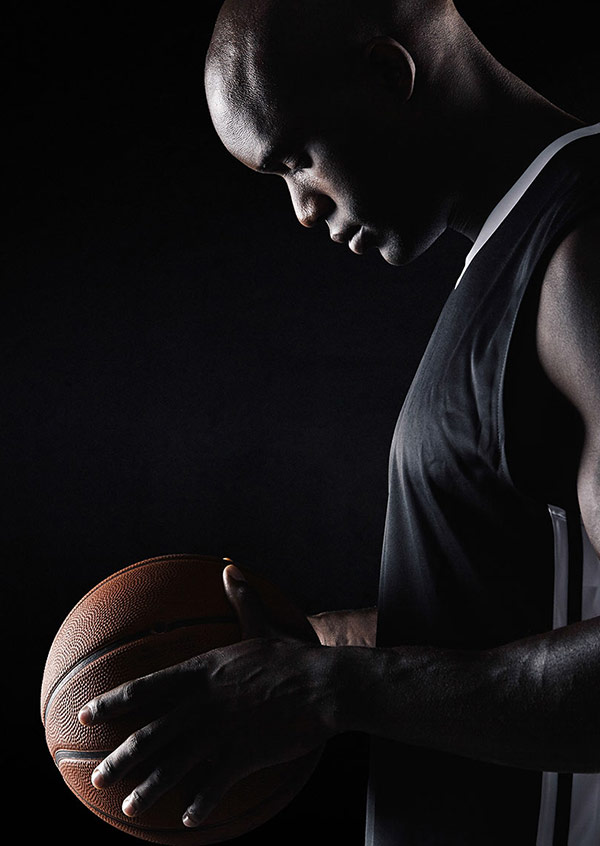
This past Friday the Opening Ceremony of the 2024 Paris Olympics set into motion a set of global sporting events with countries around the world competing for those famous Olympic medals. The general public watches the events to witness the athletes’ miraculous feats, while the athletes strive to demonstrate their abilities and avoid injury. Whether an Olympian, a professional athlete, or a student athlete, it’s common for athletes to experience injury.
Athletic injuries can be much more than just a temporary setback to be rehabbed; they can also affect your mental health. The sudden disruption of routine and physical activities can lead to a crisis of identity and decreased self-esteem (Barker, 2021).
Research also suggests that athletes with higher levels of anxiety and fear may be less likely to achieve full recovery from injuries (Barker, 2021). Also, uncertainty about the recovery timeline adds stress and may increase the emotional toll (Weisenberger, 2020). `
Understanding the Emotional Impact of Athletic Injuries
Athletic injuries not only physically affect the body but also trigger a range of emotions, from frustration and anxiety to sadness and anxiety. The sudden disruption of your regular routine and physical activities can lead to a sense of loss, decreased self-esteem, or identity crisis. Thus, how an athlete copes with an injury can impact their recovery (Weisenberger, 2020).
Coping Strategies for Emotional Well-Being
- Acceptance and Patience: Acceptance is one of the first steps in emotional healing. Acknowledge the injury, its impact on you, and the emotions it brings. Set realistic recovery expectations alongside your healthcare providers and focus on what you can control.
- Stay Positive: Maintaining a positive and hopeful mindset is essential for both your physical and mental health (Lu & Hsu, 2013). Focus on parts of your life not affected by injury. Take part in activities that bring you joy and practice gratitude for what you can still enjoy.
- Seek Support: Your friends, family members, teammates, teachers, or mental health experts are there to help you. Share your feelings with them. Social support acts as a buffer against stress and improves your emotional well-being (Lu & Hsu, 2013).

Dealing with and overcoming the emotional impact of injuries as an athlete requires an all encompassing approach that includes both physical and mental rehabilitation. By recognizing and addressing emotional challenges, you can navigate the road to recovery with improved resilience and a positive mindset (Gill & Madrigal, 2014).
References
Barker, J. (2022, October 12). Not just a physical thing: The psychology of sports injuries and Recovery. Boston Children’s Hospital. https://answers.childrenshospital.org/psychology-sports-injury-recovery/
Lu, F. J., & Hsu, Y. (2013). Injured athletes’ rehabilitation beliefs and subjective well-being: The contribution of hope and social support. Journal of Athletic Training, 48(1), 92–98. https://doi.org/10.4085/1062-6050-48.1.03
Madrigal, L., Gill, D.L. (2014). Psychological responses of division I female athletes throughout injury recovery: A case study approach. Journal of Clinical Sport Psychology, 8(3), 276-298. doi: 10.1123/jcsp.2014-0034
Piussi, R., Ivarsson, A., Johnson, U., & Senorski, E. H. (2023). Psychological factors in sports injury rehabilitation: How can a sports rehabilitation practitioner facilitate communication? Journal of Orthopaedic & Sports Physical Therapy, 2(1), 1–3.
Weisenberger, B. (2020, January 8). How athletes cope with injury. MUSC Health. https://advance.muschealth.org/library/2020/january/coping-with-injury
















